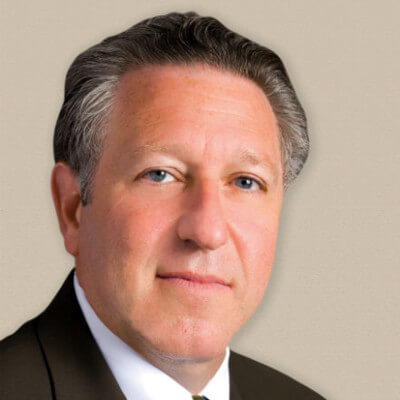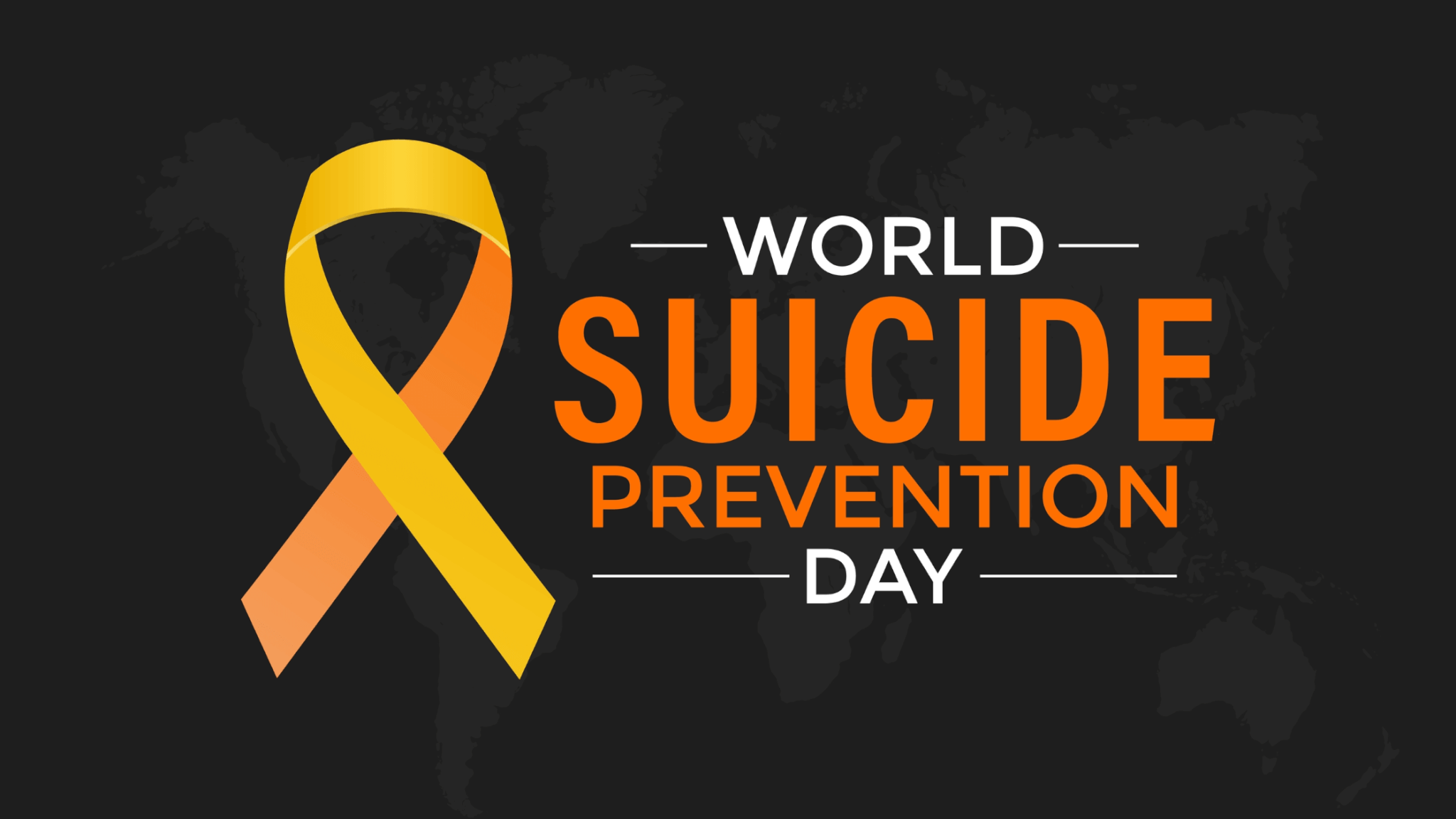In a candid conversation with Stuart Binstock, the former President and CEO of the Construction Financial Management Association (CFMA) and one of the founders of the Construction Industry Alliance for Suicide Prevention (CIASP), we explore his career and efforts to tackle one of the construction industry’s darkest secrets: its staggering suicide rate.
As Suicide Prevention Week approaches, Binstock reflects on the origins of CIASP, the obstacles the industry still faces, and his personal insights after years of advocacy. Through CFMA and CIASP, he has helped lay the foundation for a safer, more compassionate industry. But as he points out, the work has only just begun.
Alexis Nicols: With National Suicide Prevention Week right around the corner, I’d love to hear about your journey with CFMA and CIASP. Can we start with your career and how these organizations have evolved under your leadership?

Stuart Binstock: Prior to working at CFMA, I had a long history in the construction industry. I’d worked for the Associated General Contractors in the early days of my career. Eventually, I was stolen away by the American Institute of Architects as the head of government affairs there for a few years. Then, I worked at the National Electrical Contractors Association, where I had a wonderful career running their management education institute.
And then I ended up at CFMA. When I looked at the job description, it was almost as if they had written it for me. It was a great opportunity; it fit my experience and interest. The CFMA was, I think, a sleeping giant, an organization that could have a lot of influence but didn’t seem to be using it. First and foremost, one of my goals was to provide excellent customer service and promote our organization through external relations. I had a lot of contact with all the other construction industry associations over the years, which helped immensely when we created CIASP. We grew the association over my 13 years in terms of the number of members and chapters. Most importantly, the quality of our programming increased immensely.
AN: How did CFMA decide to take on suicide prevention as a priority, and what specifically led to the creation of CIASP?
SB: About eight years ago, a man named Cal Beyer, who was a prominent member with CFMA, and Dr. Sally Spencer-Thomas, a leader in suicide prevention, submitted an article on suicide prevention for our magazine, Building Profits. This was completely uncharted territory for us—our magazine usually covers topics like tax planning or risk management, not suicide. But the editor and I decided to publish it and see what would happen.
The response was overwhelming. It sparked a “tsunami of activity.” People came forward, sharing personal stories of loved ones lost to suicide.
We had no idea it was the issue that it was. But people just came out of the woodwork and started talking about it, and we realized we had hit a nerve.
A year later, the CDC (Center for Disease Control) published a study ranking construction as the number one occupation for death by suicide. That’s when we formed CIASP in 2018 because we realized this was much bigger than just our membership—it cut across the whole industry.
AN: That must have been such a pivotal moment. I had no idea the construction industry had such a high suicide rate. Why do you think suicide is so prevalent in construction?
SB: There are several risk factors, and they all tie into the nature of the industry. Chronic pain is one—construction workers are injured more often than in other professions, and this often leads to opioid use. Opioids, unfortunately, come with their own dangers. If you take opioids for just one week, you have a 13.5% chance of still being on them a year later.
Beyond that, construction is not known for having a caring culture. That stoic, tough guy mentality means that people hide things. They hide physical pain and emotional pain. And that silence can be deadly. Access to lethal means, like firearms, is another major factor. I read recently that 97% of suicides in construction are by men, and two-thirds of those have access to lethal means.
There’s also a strong presence of veterans in construction, and sadly, veterans are already at higher risk for suicide. The Veterans Administration keeps statistics; it used to be that about 22 veterans die by suicide every day. The industry has a fair number of veterans entering the workforce after leaving the military. When you add up all of these factors, the picture becomes more apparent, though no less tragic.
AN: It sounds like a perfect storm. How has CIASP evolved? What have been some of the most impactful initiatives to help reduce suicide rates and improve mental health in construction?
SB: CIASP has been working to provide resources, raise awareness, and break down mental health stigma in construction. We’ve come a long way. Initially, we were just an educational resource with no structured way of raising funds. That’s changed now—companies are stepping up and contributing. One of the most significant shifts has been a focus on mental health overall, not just suicide prevention. Suicide is the tragic result of untreated mental health issues, so we focus on addressing the root cause.
We’ve also developed the “pathway model” to guide contractors of different sizes in creating mental health programs. It’s about giving them practical steps based on their resources. Most importantly, we’re building a network across the entire construction industry. This issue is more significant than just CFMA members—it affects everyone in construction, from large contractors to small family-run businesses. We’re trying to reach as many people as we can.
AN: What are some of the biggest misconceptions about mental health and suicide in the construction industry?
SB: One of the major misconceptions is that there are always visible warning signs before a suicide. In reality, many people who die by suicide don’t exhibit obvious signs. That’s why training everyone in the industry—employers, managers, and workers—is so important to understand mental health and support each other. You never know who might be struggling.
AN: What role do leadership and company culture play in suicide prevention?
SB: Leadership support is critical. To be a best-in-class employer, companies need to take mental health seriously. This involves creating return-to-work programs for injured workers, fostering peer support, and promoting the use of resources like Employee Assistance Programs (EAPs). We’ve seen great examples of companies hiring chaplains to provide on-site mental health support. It’s about creating a caring culture where people feel comfortable asking for help.
AN: What are your hopes for CIASP and the construction industry? What more needs to be done?
SB: We’ve made progress but still have a long way to go. The awareness is there—more companies are paying attention and taking action. But smaller contractors often feel like they don’t have the time or resources to address mental health. We need to reach these smaller companies and make them realize that everyone can do something, regardless of size. It’s about continuing to educate and provide accessible tools to the entire industry.
I hope that suicide prevention and mental health become as much a part of safety protocols as wearing a hard hat or harness. We need to make mental health just as important as physical safety. And I hope CIASP can continue to be a catalyst for change, helping companies and individuals address these issues head-on.
This is an issue we all have a role in addressing. You can make a difference whether you’re an employer, a coworker, or a family member. Listen, offer support, and don’t hesitate to ask for help. Together, we can start to turn the tide.
If you’re struggling or know someone who is, call the Suicide & Crisis lifeline at 988 or text HELLO to 741741.



2 comments